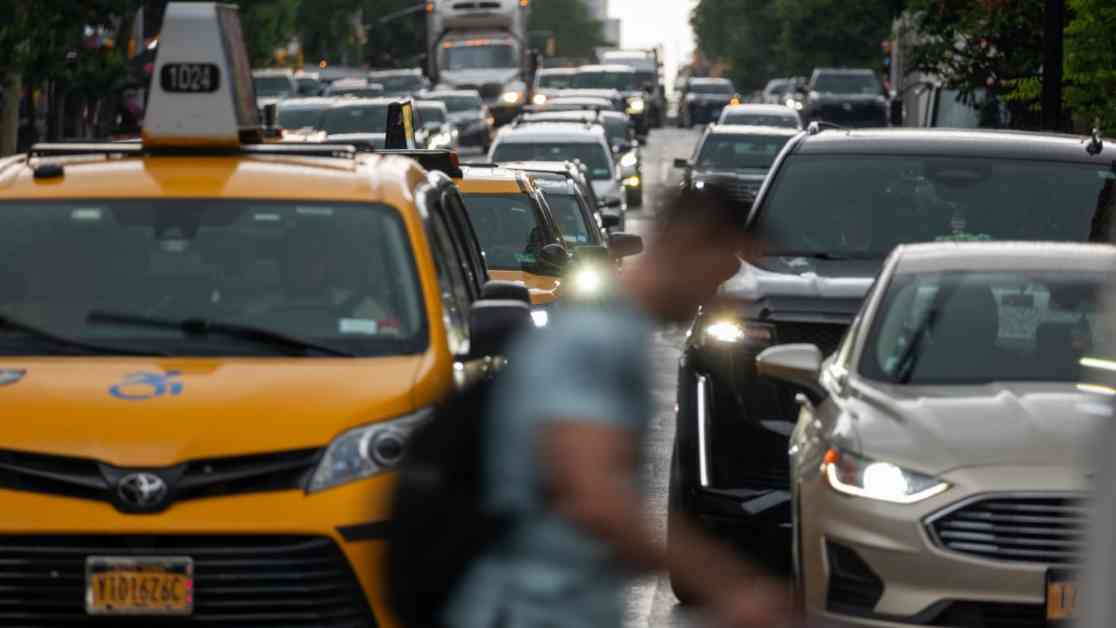The Metropolitan Transportation Authority in New York City made a decision to pause the implementation of congestion pricing in Manhattan, which was originally scheduled to begin on June 30. This decision came after Governor Kathy Hochul directed the agency to put the plan on hold indefinitely. As a result, the MTA is now looking at making significant cuts to capital projects due to the loss of expected revenue from congestion pricing.
According to a report by New York State Comptroller Thomas DiNapoli, an estimated $17 billion will need to be cut from the current $55.4 billion transit capital plan in order to address the funding gap caused by the delay in congestion pricing. This has already led to the cancellation of contracts and a halt in work on a key subway expansion project, putting federal grant funding in jeopardy.
Before voting on the decision to table congestion pricing, MTA board members were informed that $16.5 billion worth of capital projects, including major expansion initiatives like extending the Second Avenue Subway and upgrading signal systems and train cars, would have to be postponed. Governor Hochul cited concerns about high inflation and the potential deterrent effect of the additional charge on commuters and tourists as reasons for halting the program.
New York City’s congestion pricing program, which would have been the first of its kind in the U.S., aimed to charge vehicles $15 during daytime hours for driving in Manhattan south of 60th Street. The MTA projected that this charge would decrease traffic by 17%, improve air quality, increase the use of mass transit by 1% to 2%, and generate between $1 billion and $1.5 billion annually. Additionally, it was expected to support $15 billion in debt financing for mass transit improvements.
The plan for congestion pricing was approved by state lawmakers in 2019 as a way to fund much-needed improvements in mass transit and manage the high levels of traffic congestion in New York City, which is known for having some of the worst traffic in the country. Although the program was initially set to start in 2021, no action was taken by the federal government under the administration of President Donald Trump.
Currently, more than 900,000 vehicles enter the Manhattan Central Business District on a daily basis, leading to an average travel speed of only 7 miles per hour. The implementation of congestion pricing was seen as a way to address these issues and create a more efficient and sustainable transportation system in the city. However, with the current pause in the program, the future of congestion pricing in New York City remains uncertain.










